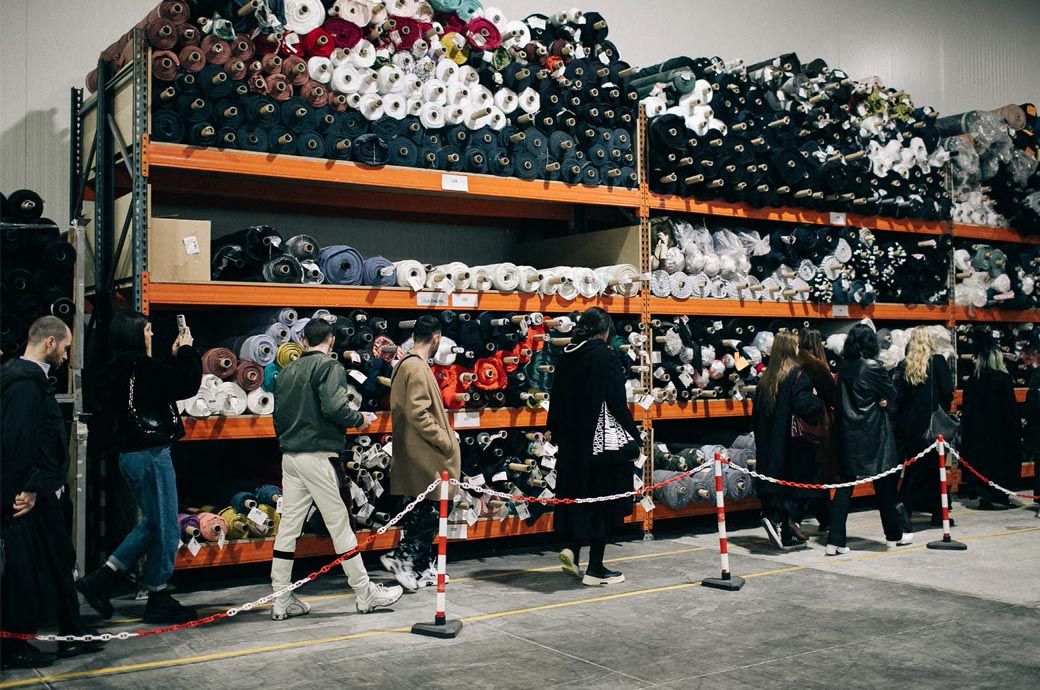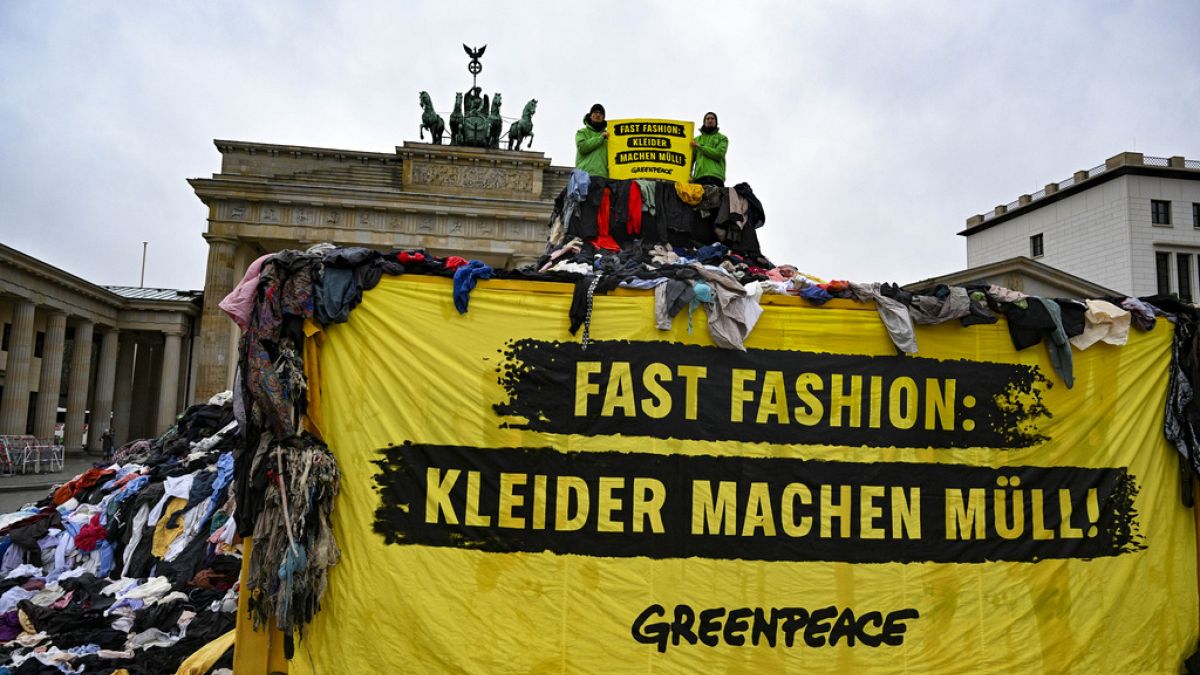Key barriers hinder European brands from efforts to transform: EFA

A significant lack of knowledge, financial resources and human capacity are pressing as brands face increasingly stringent environmental and social regulations, it said.
The European fashion industry is at a pivotal moment where sustainability, technological innovation, and talent development must converge to secure its future, it noted.
Despite the strong will and desire to transform the European fashion industry and adopt sustainable practices, significant barriers hinder many brands from making substantial changes, according to The Status of European Fashion Report 2024.
Transition to a more ethical, transparent and sustainable business model is possible by embracing new regulations and adopting cutting-edge technologies.
The industry can transition into a more ethical, transparent and sustainable business model by embracing new regulations, adopting cutting-edge technologies and investing in training.
Clear and standardised guidelines, as well as financial support and incentives to bridge the financial gap and investment in dedicated personnel to enable companies to adopt greener practices are needed.
Industry-specific roadmaps that simplify compliance processes would help businesses align with sustainability goals more easily and avoid missteps, said the report.
Additionally, collaboration among policymakers, industry leaders and educators is key to navigating these complex changes.
The report is based on a survey conducted among 211 creative-driven industry representatives, supplemented by qualitative interviews with leading opinion leaders.
There is widespread recognition of the negative public perception of the fashion industry, largely driven by concerns about ethics and sustainability, driven by profitable business models promoting rapid consumption at the expense of quality and value. Restoring trust in Europe’s textile industry has become a crucial endeavour now, the report noted.
A large majority of companies is investing in sustainability practices driven by consumer demand, regulatory pressure and a general shift in corporate responsibility. However, while 88 per cent of surveyed organisations have invested in sustainability, over half still lack the tools or support needed for a full transition to sustainable practices.
Though digital transformation is reshaping how European fashion operates, only a portion of the industry has fully adopted such tools, with many companies citing high costs and a lack of technical expertise as barriers, the report added.
Fibre2Fashion News Desk (DS)
Related
Scotland’s biggest landowner is fashion brand billionaire
A European fashion tycoon is the biggest landowner in Scotland—and perhaps even the UK. Danish billionaire Anders Holch Polvsen named the Highlands' richest
EU targets food and fast fashion in new war on…
Polish presidency of the EU Council announced breakthrough in early hours after marathon overnight talks on food waste reduction targets and measures t
Fashion must-haves for your spring semester in Europe
Preparing to study abroad can be incredibly intimidating. With all the emotional turmoil you’ll face in the weeks prior, the last thing you�
Worldview: Ukraine’s Adaptive Fashion for the War Wounded
🇺🇦 Ukrainian Fashion Week presents adaptive clothing for combat injuries. More than 40 fashion brands presented their latest collections at Ukrainian Fash











